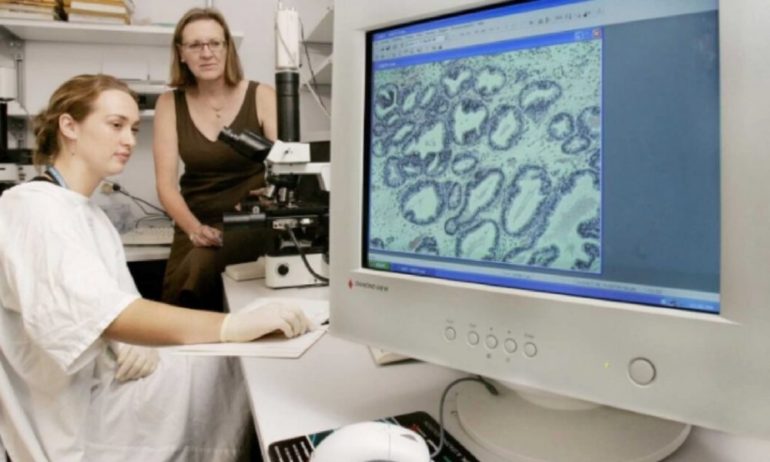Doctors all over the world have been struggling to find the best possible treatment for cancer for decades. The Stanford University School of Medicine is now conducting a study for a new cancer vaccine.
National Cancer Institute Quietly Confirms Cannabis Can Cure Cancer
The study is headed by Dr. Ronald Levy and Idit Sagiv-Barfi. The team has created a vaccine that reduces a person’s chance of getting a tumor by almost 97%. They ran tests on mice by injecting two immune-stimulating agents straight into a malignant tumor.
What happened after that was amazing. They used 90 mice in the trial and they cured 87 successfully. Levy stated that they opted for just one injection of fairly tiny doses of two agents which stimulated the immune cells that already existed inside the tumor. The injection was so effective that even if the animal had other tumors in other parts of the body that weren’t being treated, even those were eliminated completely.
Science Translational Medicine published this study last month and the team is optimistic about the effectiveness of this drug on human patients. If all goes well, no patient will ever have to go through the debilitating side effects of chemotherapy.
According to Levy, the traditional methods of identifying immune targets specially for each tumor, having to activate all of the immune system or even the need for customizing the immune cells of a particular patient for a specific type of cancer, will become unnecessary because the two agents remove tumors from all parts of the body, even if they weren’t meant to treat those.
We might soon be seeing these agents used in cancer therapy. The team has permission to test one agent on humans and the second agent in many other medical trials.
10 Cancer-Causing Products You Need to Throw Away Immediately.
A press release also revealed that the team has already recruited around 15 patients suffering from low-grade lymphoma. If it works on them, Dr. Levy is sure that they can use agents to treat various other tumors that occur.
The body does immediately being to reject any cancerous growths. The immune system and its cells, like T cells, are quick to spot the anomaly and remove it. However, as the tumor develops, it prevents the T cells from working.
This new study focuses on stimulating the T cells already present in the tumor by injecting the vaccine right into it. Dr. Levy is hopeful that as long as the T cells manage to get into the tumor, they can cure almost any variation of cancer using this method.









